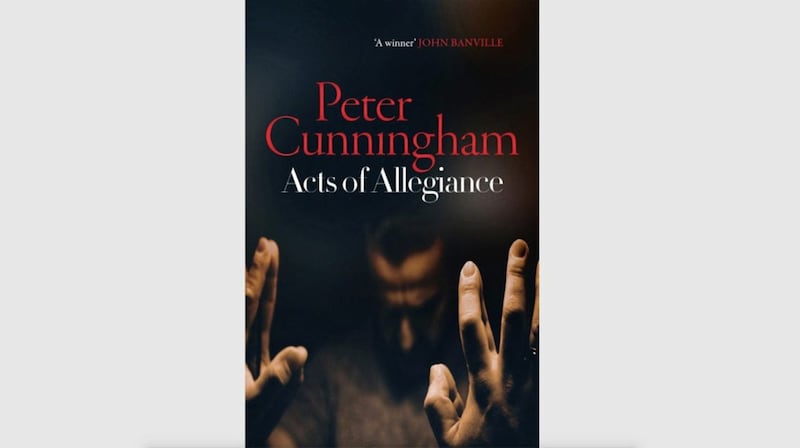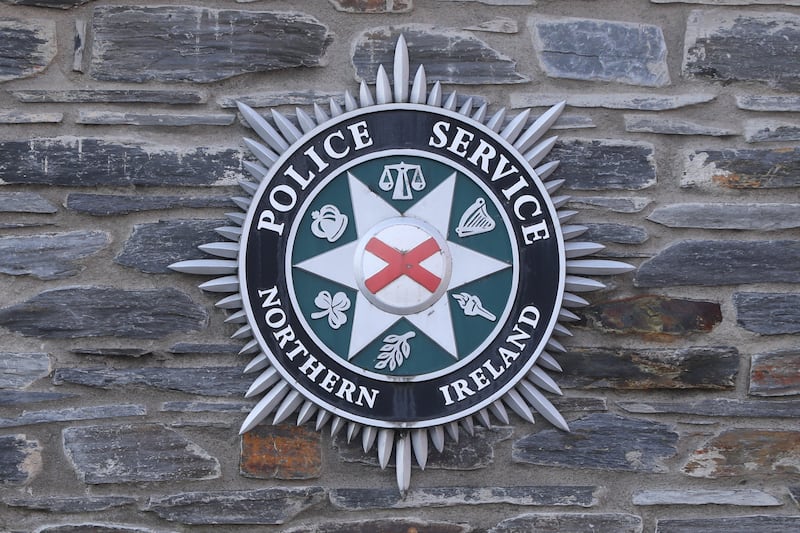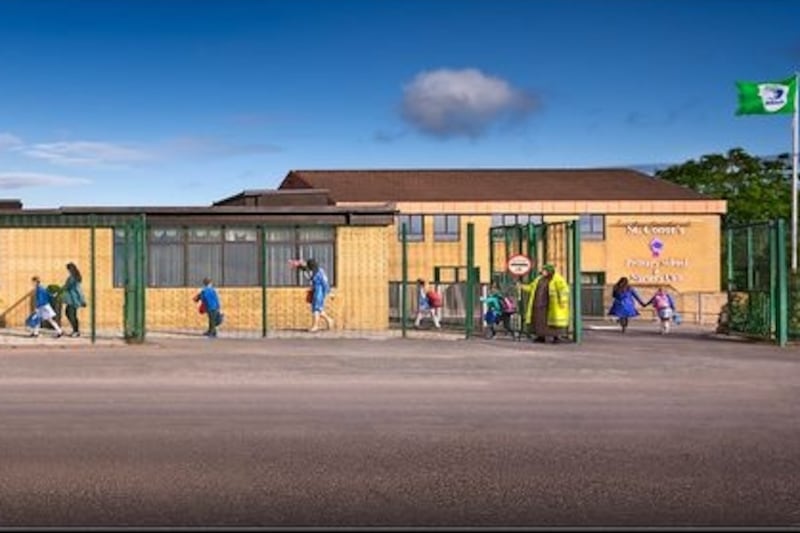AS CHILDREN growing up in Waterford, we were brought on summer holidays to Downings, Co Donegal. That meant driving from one end of Ireland to the other, and often our route brought us across the border, into Omagh and Strabane, before leaving Northern Ireland again and heading for Letterkenny.
The brief passage through another jurisdiction was always exciting, for we could stop and buy sweets, like Maltesers, that were not available down south. There was also the thrill of the interaction with border customs officers who examined our car documents – a sort of car passport known as a triptyque – and cast a wary eye over the car’s occupants. On a couple of trips, as we passed through Omagh, Dad remarked that as a young man he had spent time in that town.
Almost 40 years later, when my father was an old man and I was looking into the sequence of events that had led to him becoming an officer in the British army in 1943, Omagh came up again. My father had always been reticent about his war, but now he was prepared to talk.
He was from a Waterford family strongly in favour or Home Rule. John Redmond, leader of the Irish Party in Westminster, had been MP for Waterford, and Dad’s father had been his election agent. My father had left school at the age of 16 and gone to work as a draughtsman in a firm of Waterford architects. At the outbreak of war in 1939, a real fear existed in Ireland that Germany would invade. My father passionately wanted to enlist, but a wave of anti-Irish feeling was sweeping England as a result of IRA attacks there and many Irishmen found enlisting difficult.
In 1940 my father travelled north to Omagh to begin a new job. His position was as a civilian clerk-of-works on a British army building project that was under way in anticipation of the arrival of the first American GIs. The Royal Engineers, who managed these projects, in many cases contracted out to civilian building contractors.

Northern Ireland, with its long land border with the Free State, presented the Allied authorities with an additional problem to Hitler: in Ulster there was an enemy within. For three years, Dad worked in Northern Ireland for the army, first in Omagh, then in Belfast, he explained to me. He was a Catholic and spoke with an Irish accent. Every Sunday he went to Mass. He drank in Omagh’s “Catholic” pubs. But Dad’s background placed him firmly on the opposite side of the divide from IRA republicanism.
Once a month he travelled from Omagh to Belfast where he was debriefed. He provided British army intelligence with the names of likely IRA workmen employed on British army building projects, with details of suspicious movements of goods or people from the Free State and of loose anti-British talk in the pubs. He mingled, observed, listened, reported. His first taste of action in the British army had been as an undercover agent for British military intelligence.
And then, in June, 1943, something happened. Perhaps he had been spotted reporting to his debriefing officer and his cover was blown. Perhaps, like all undercover agents, he knew it was time to get out.
Whatever the truth, at the beginning of June he was still receiving correspondence from the British War Office as ‘RC Cunningham Esq’ at an address in Antrim Road, Belfast. Ten days later, on June 11, he had been gazetted as a second lieutenant in the British army at No. 6 Training Battalion, Royal Engineers, in Elgin, Scotland. Such a posting direct from civilian life, is, to say the least, highly unusual, if not unique. His appointment was the pay-off for his work in Northern Ireland as a British agent.
My father went on to have a distinguished military career. He took part in the D-Day invasion of Normandy and was the only Irishman to be awarded the Military Cross for gallantry on that epic day.
A bar to the Military Cross was awarded for his actions during the Allied advance on the Rhine in February 1945. The Belgians awarded him the Croix de Guerre. He left the British army in 1947 with the rank of major and returned to Waterford.
Over 50 years later he was able to describe to me the precipice along which the undercover agent must always walk, the effect that leading such a life has on a man’s personality, and the deadly realisation that one day your cover will be blown.
When I began to write my latest novel Acts of Allegiance – about an Irishman who spies for the Britain, but in the modern era – I realised that I could not avoid confronting what had happened to my father, and what he must have gone through for the sake of something he believed in.
:: Acts of Allegiance by Peter Cunningham is published by Sandstone Press.








